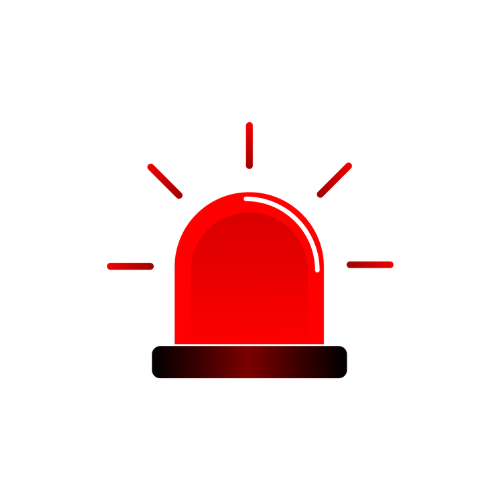Panic attacks can be frightening and overwhelming, characterized by sudden and intense feelings of fear and anxiety. These episodes often come with physical symptoms such as a racing heart, shortness of breath, dizziness, and a sense of impending doom. If you or someone you know is struggling with panic attacks, it’s essential to know that help is available. This blog post will explore various strategies and resources for managing and overcoming panic attacks.
Understanding Panic Attacks
Before diving into the solutions, it’s important to understand what a panic attack is. A panic attack is a sudden onset of intense fear or discomfort that peaks within minutes. It can be triggered by specific situations, or it can occur unexpectedly. Recognizing the symptoms is the first step toward finding effective help.
Immediate Strategies for Coping with Panic Attacks
When a panic attack strikes, having a set of immediate coping strategies can help you regain control:
- Deep Breathing: Slow, deep breaths can help calm your body. Inhale deeply through your nose for a count of four, hold for four, and exhale through your mouth for four. Repeat this cycle until you feel more in control.
- Grounding Techniques: Grounding exercises help anchor you in the present moment. Try the 5-4-3-2-1 technique: Identify five things you can see, four things you can touch, three things you can hear, two things you can smell, and one thing you can taste.
- Positive Affirmations: Repeating reassuring phrases like “This will pass” or “I am safe” can help counteract the fear and panic.
- Muscle Relaxation: Progressive muscle relaxation involves tensing and then slowly releasing different muscle groups, helping to reduce physical tension and anxiety.
Long-Term Strategies for Managing Panic Attacks
In addition to immediate coping techniques, long-term strategies can help reduce the frequency and severity of panic attacks:
- Therapy: Cognitive Behavioral Therapy (CBT) is highly effective for treating panic attacks. CBT helps you identify and change negative thought patterns and behaviors associated with panic.
- Medication: In some cases, medications such as selective serotonin reuptake inhibitors (SSRIs) or benzodiazepines may be prescribed to help manage panic symptoms. Always consult with a healthcare professional before starting any medication. Personally, I prefer to use the natural way without drugs, but that’s a personal choice.
- Lifestyle Changes: Regular exercise, a balanced diet, adequate sleep, and reducing caffeine and alcohol intake can significantly impact your overall anxiety levels and help prevent panic attacks.
- Mindfulness and Meditation: Practices such as mindfulness meditation can help you stay grounded and reduce anxiety over time. Daily meditation can increase your resilience to stress.
Seeking Professional Help
If panic attacks are interfering with your daily life, seeking professional help is crucial. A mental health professional can provide a proper diagnosis and develop a personalized treatment plan. Therapy options may include:
- Individual Therapy: One-on-one sessions with a therapist can provide personalized support and strategies for managing panic attacks.
- Group Therapy: Sharing experiences and coping strategies with others who have similar struggles can be empowering and reassuring.
- Support Groups: Joining a support group, either in-person or online, can provide a sense of community and additional resources for managing panic.
Online Resources and Self-Help Tools
The internet offers a wealth of resources for those seeking help with panic attacks. Some useful tools and websites include:
- Apps: Apps like Calm, Headspace, and Panic Relief offer guided meditations, breathing exercises, and other tools to help manage anxiety.
- Websites: Websites like Anxiety and Depression Association of America (ADAA) and National Institute of Mental Health (NIMH) provide valuable information and resources on panic attacks and anxiety disorders.
- Books: Reading books on anxiety and panic attacks can provide deeper insights and strategies for managing symptoms. Some recommended titles include “The Anxiety and Phobia Workbook” by Edmund J. Bourne and “Dare: The New Way to End Anxiety and Stop Panic Attacks” by Barry McDonagh.
Conclusion
Experiencing panic attacks can be incredibly distressing, but it’s important to remember that help is available. By using immediate coping strategies, incorporating long-term lifestyle changes, seeking professional support, and utilizing online resources, you can manage and reduce the impact of panic attacks on your life. Remember, seeking help is a sign of strength, and with the right support and strategies, you can regain control and find peace.

